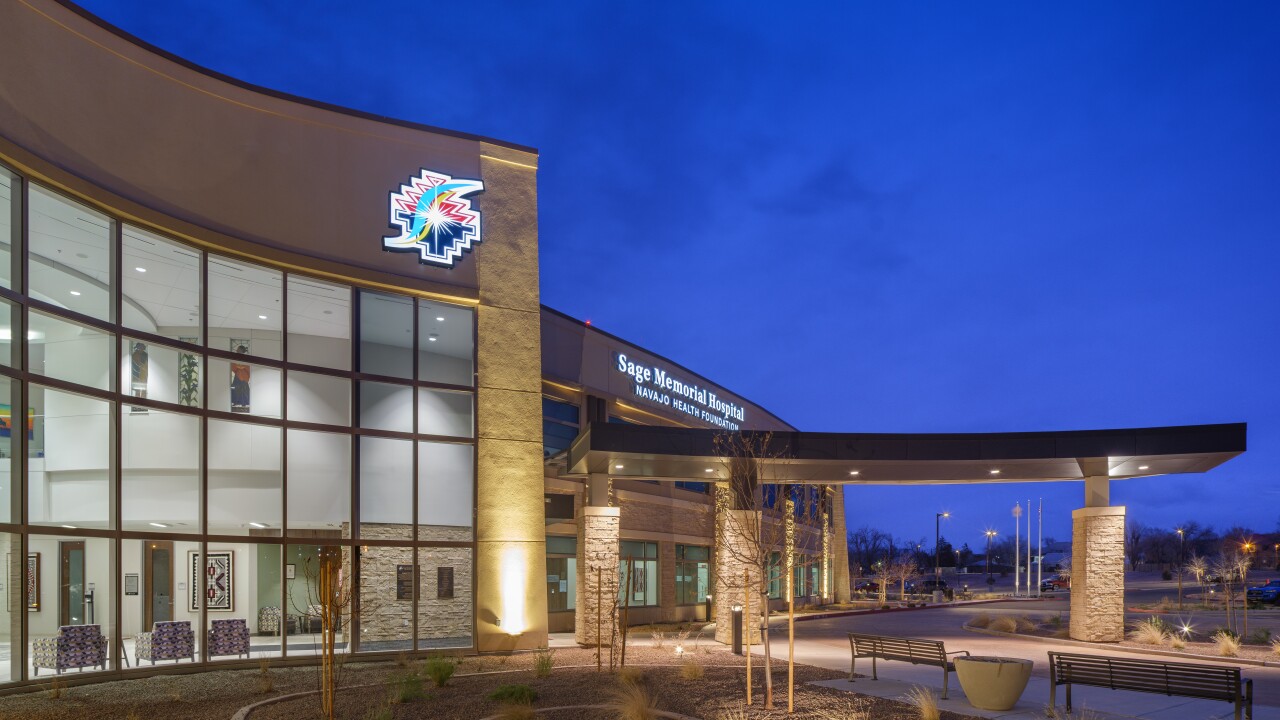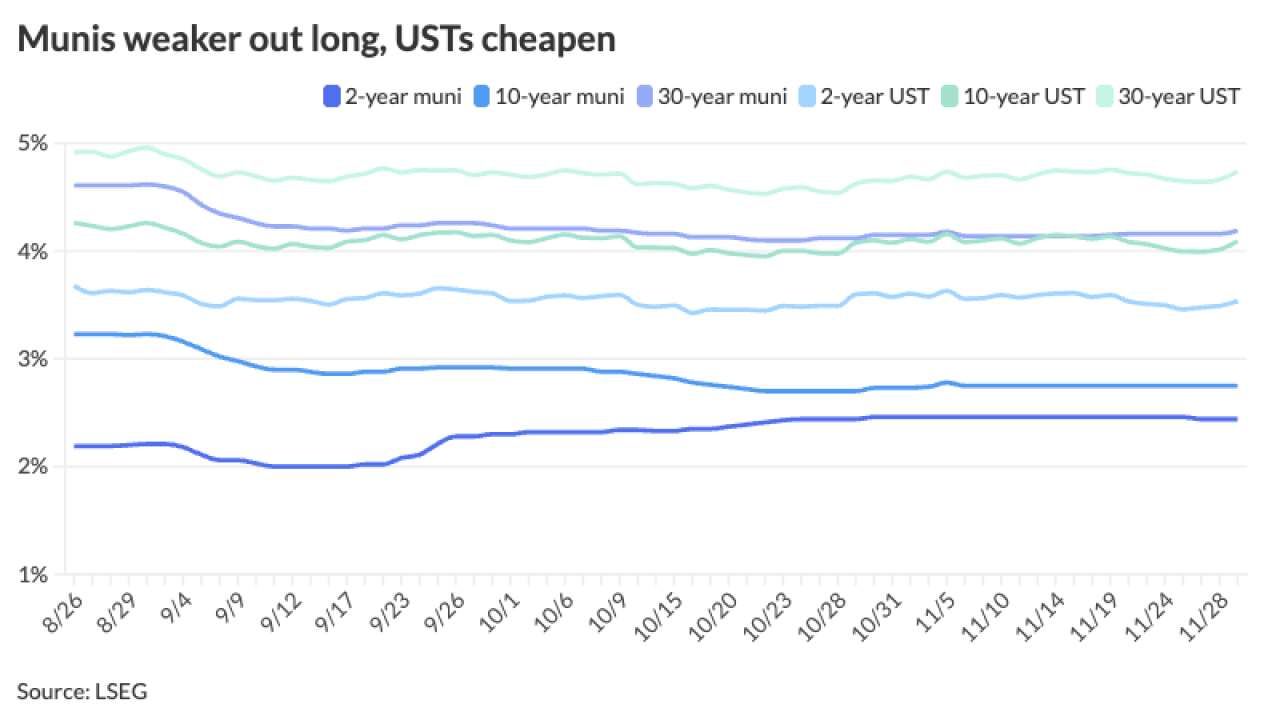
Opponents of California Gov. Gavin Newsom's proposal to fast-track the
Newsom, who included the proposal in his
The project would modernize the State Water Project, the aging system of transporting water north to south by constructing a canal to route water around the Sacramento-San Joaquin Delta. The system provides water to 27 million Californians in the Bay Area, southern California and about 750,000 acres of farmland.
The decades-old plan is crucial for safeguarding the water transport system against climate change, seismic activity and failures from aging infrastructure, according to proponents, but opponents say recycling, desalination and water storage are better methods of increasing water supply.
"Simplistic calls to rely on recycling, desalination or levees instead of modernizing the State Water Project ignore the practical realities and complexities of serving 27 million Californians and none of the supposed alternatives would protect the reliability of future State Water Project deliveries," said Tara Gallegos, spokeswoman for the governor.
She added, however, the state's water future "demands a balanced, multifaceted approach — modernizing the State Water Project, while also advancing local solutions, like recycling and desalination. This is not an either/or situation."
The state legislature's 15-member Delta caucus, which represents the cities and counties of the Sacramento-San Joaquin Delta, aligned with environmentalists, tribal leaders and the salmon industry during a press conference held Tuesday to voice opposition.

"Gov. Newsom is doubling-down on a plan that our region doesn't support," Delta Caucus Co-Chair Assemblywoman Lori Wilson, D-Suisun City said during a press conference. "It would devastate the region's ecosystem and double the cost for ratepayers when they are already struggling."
"Shifting water from one farming region to another farming region doesn't solve the problem," said Wilson, who contends the canal would deplete water in the Sacramento Valley in order to supply Central Valley farms, further south, with water.
This issue should be decided by the legislature, as part of the regular lawmaking process, not as part of budget deliberations, said Delta Caucus Co-Chair Sen. Jerry McNerney, D-Pleasanton.

Sen. Christopher Cabaldon, D-Sacramento, said the governor's proposal would allow the state's Department of Water Resources to "issue an unlimited amount of bond debt for the Delta Tunnel," which amounts to a "blank check for the ever-increasing cost of the tunnel."
"The project is already estimated to be $20 billion and with the state's track record, it is bound to go over," Cabaldon said. "Authorizing the Department of Resources to issue bonds for this would saddle the state's (ratepayers) with billions in debt."
A Department of Water Resources spokesman disputed the notion that the governor's proposal would enable DWR to issue an unlimited amount of bond debt or increase the state's debt load as claimed in an
The Delta project is funded only by the 18 "local public water agencies participating in the project and receiving the benefits of the infrastructure," said Ryan Endean, DWR's deputy director of communications.
"None of this would be a blank check," Endean said. "The water agencies funding the project would be required to approve both the project and the expenditures, and as public agencies, their boards of directors would do so in a public setting based on their agencies' unique needs and benefits."
The "language in the governor's budget trailer bill proposal would declare that the Delta Conveyance Project is part of the State Water Project and therefore eligible to be paid for in the same manner that the State Water Project facilities have been paid for since the 1960s — through the sale of revenue bonds by DWR that are repaid by the state water contractors who receive the water," Endean said.
The language solves an issue raised by a judge when DWR
"The court only ruled that the project description contained in the financing documents being considered by the court was too broad," Endean said. "This language would remove any question."
The final environmental impact report on the project was certified by Newsom in December 2023, but the governor's office contends the project is still burdened by complicated regulatory frameworks and bureaucratic delays.
Opponents' press conference on Monday "demonstrated why this fast track is necessary, as it is clear that misinformation will continue to delay and obfuscate this critical project," Gallegos said. "That the group's only answer is to introduce a proposal for (yet another) audit only proves the point further."





